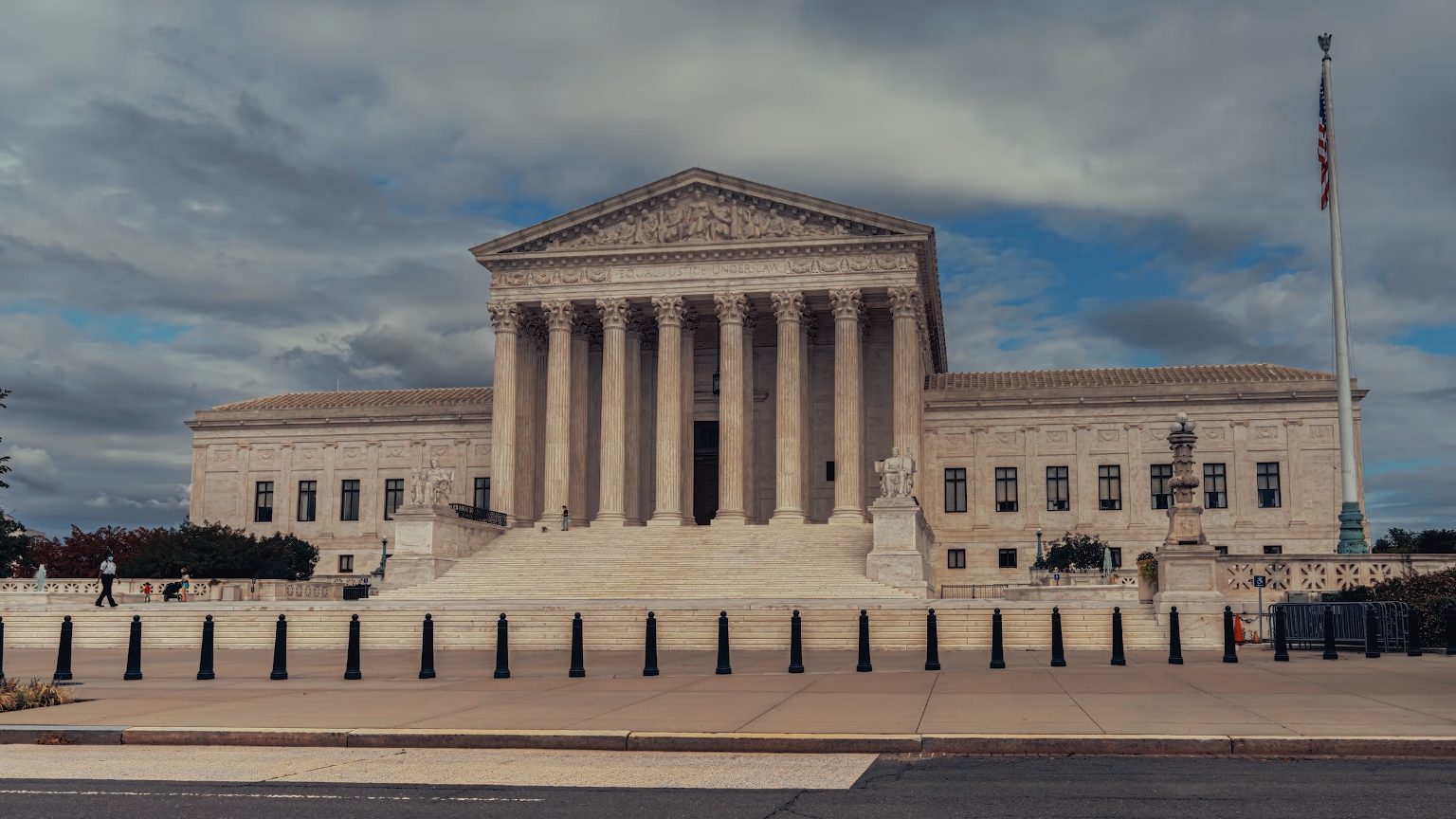Supreme Court justices expressed concern about the potential unintended consequences of redefining the scope of Section 230 of the Communications Decency Act (CDA) during their first major oral hearing of a Section 230 case.
The case, Gonzalez v. Google LLC, could change the scope of Section 230 and potentially redefine some of the immunization online platforms currently receive when they recommend content to users via their algorithms.
The case centers around Section 230 (c)(1) which prevents providers of “interactive computer services” (a term that includes apps, websites, and online platforms) from being treated as the publisher or speaker of content posted by their users. It questions whether this immunization should apply to interactive computer services when they make “targeted recommendations” to users.
The plaintiffs in this case are relatives of Nohemi Gonzalez — a 23-year-old US citizen who was killed in the November 2015 Islamic State of Iraq and Syria (ISIS) terror attacks in Paris, France.
The plaintiffs allege that Google, through YouTube, “aided and abetted” ISIS in various ways which include “knowingly” allowing ISIS to post “hundreds of radicalizing videos” and recommending ISIS videos to YouTube users.
The plaintiffs were the first to present their arguments to the Supreme Court and some of the justices initially pushed back against the plaintiff’s assertions that Google had aided and abetted ISIS by recommending their videos.
“I don’t understand how a neutral suggestion about something you’ve expressed an interest in is aiding and abetting,” Justice Clarence Thomas said. “I just don’t understand it.”
Justice Elena Kagan also questioned whether the Supreme Court should be deciding whether to redefine the scope of Section 230.
“Isn’t that something for Congress, not the court,” Justice Kagan said.
The justices also discussed the potential economic impacts of changes to Section 230 and whether algorithms can be “neutral.”
Justice Brett Kavanaugh said the court should take concerns about the harmful impact changes to Section 230 could have on the economy seriously.
Justice Neil Gorsuch questioned the idea of “neutral” algorithms and suggested that the test Is unworkable because some algorithms do “favor one point of view over another.”
Several justices raised concerns that a ruling in favor of the plaintiffs would create a flurry of lawsuits. However, the plaintiffs argued that the implications would be limited.
Google argued that getting rid of Section 230 could result in “The Truman Show or a horror show” because apps, websites, and online platforms would be forced to allow all content or censor content even more aggressively. But some of the justices pushed back against this assertion.
Justice Samuel Alito questioned whether Google would “collapse” and “the internet be destroyed” if “YouTube and therefore Google were liable for posting and refusing to take down videos that it knows are defamatory and false.”
Google acknowledged that it may not collapse but contended that smaller websites would struggle under such a scenario.
The Supreme Court is expected to issue a decision on Gonzalez v. Google LLC in June.






















